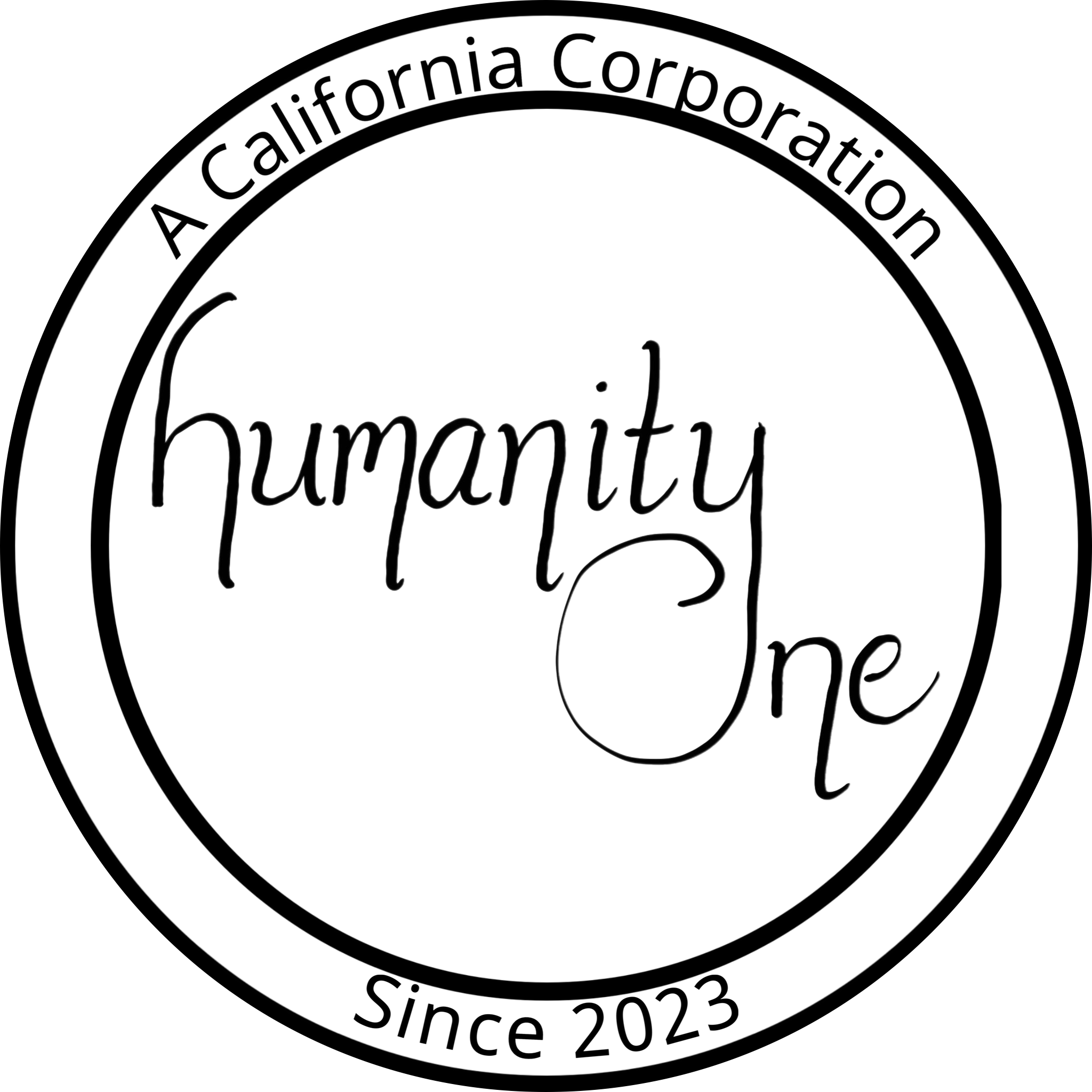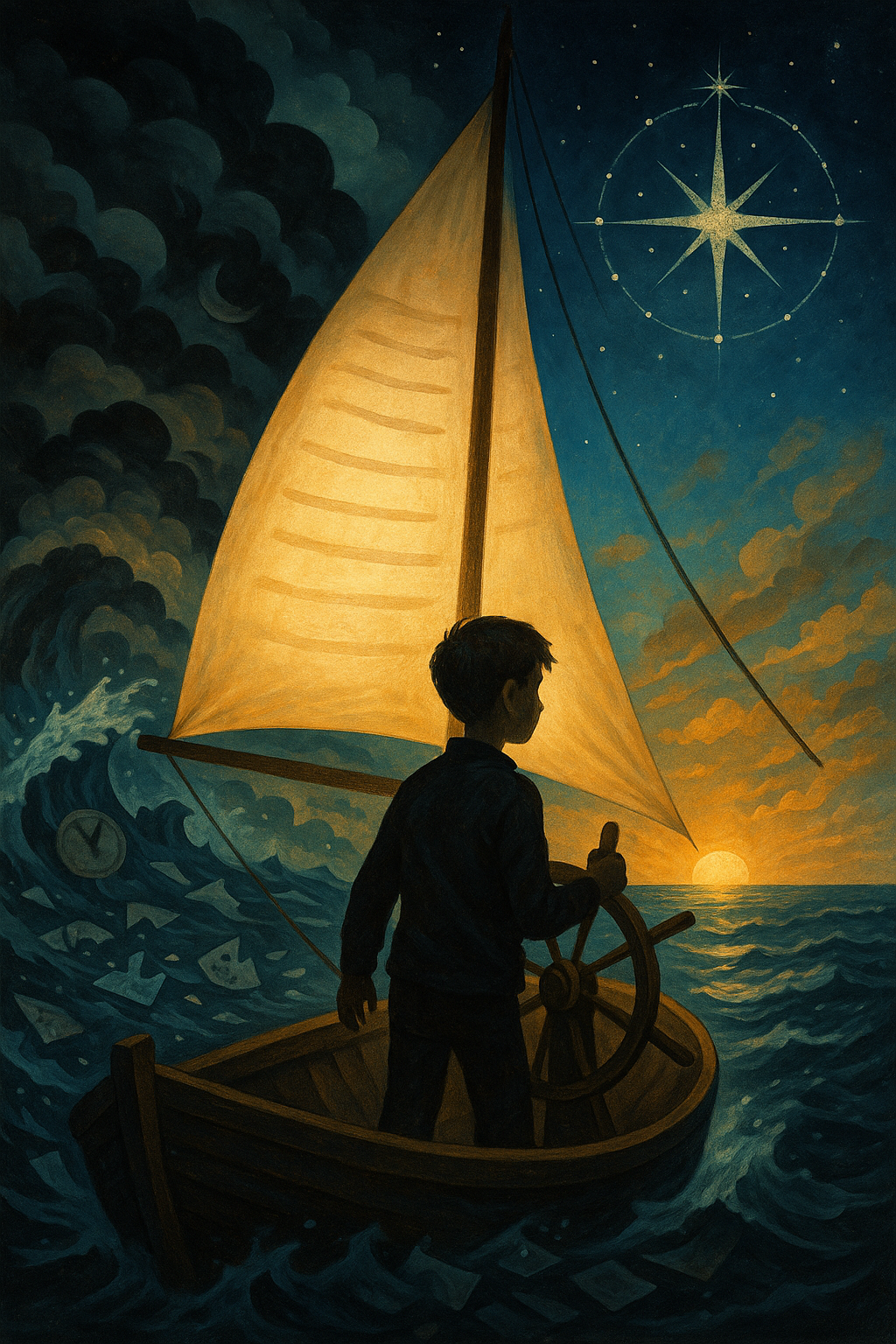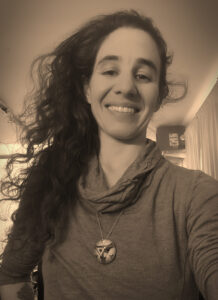You’re so right about this one! Hope people share it!
The world has always been a dangerous place. That’s not new.
What is new is the extent of the disconnect. I’m sure you see it too. It’s loud. It’s obvious. It’s everywhere.
I mean… pick any target: environment, industry, culture, money, security, health, neighborhoods, faith, relationships, even space travel.
All harmed by this disconnect.
But the worst hit? Children. Which is to say: the future. And what kind of future can there be be when we neglect to raise children with wisdom, courage, integrity, accountability? What happens when we hand them devices without discernment, access without anchors, rights without responsibilities? What happens when we teach them to pass tests, but not to test themselves. What happens is we teach them to perform, not to be formed.
Torah doesn’t imagine education as a building. It imagines it as a way of life:
“Teach them to your children—when you sit, when you walk, when you lie down, when you rise.” (Deut 11:19)
What We Forgot to Teach
What we call education is, at best, just the most basic training to survive in a system. There is no instruction at all on how to live as human beings, as a consciousness living and breathing in a body in each now moment.
We hand them math, grammar, and history although barely even that anymore. These are important, yes. But where are the lessons that teach them how to be? Where do they learn self-awareness? Emotional maturity? How to name their feelings and sit with them without exploding or collapsing Where do they learn to listen? To repair conflict? To process shame and guilt and fear? Where do they learn that their body is not just a taxi for their mind, but a source for wisdom and connection—breath, balance, movement, grounding? Where do they learn the discipline of care—care for themselves, care for others, care for the world?
We graduate young people who can recite dates of wars but wouldn’t have the first clue how to resolve one. Who know complex mathematical formulas but not how to calm their own nervous system. Who can delve into a text but not their own hearts.
It’s like teaching a child to build a ship, but never teaching them how to navigate the sea. They launch out with sails and rigging, but no compass, no map, no astronomy. They cannot gain an understanding of where they are, where they came from, or where they’re going… and then we wonder why so many wrecks wash up on our shores.
If we want a different world, we have to give our kids different tools. Tools of presence. Of patience. Of self-mastery. Of empathy. Of courage. Because the future doesn’t rise or fall on test scores. It rises or falls on the kind of humans we are forming. And we are clearly failing miserably at that.
We didn’t hand them what mattered most.
We didn’t teach them how to really listen — not the distracted, half-present kind, but the kind where you lean in with your whole self. Where the ego steps aside and the heart stays open. Without listening, nothing else can be learned.
We didn’t give them a lev shomea, a listening heart. Feelings rise like storms — anger, shame, envy, joy. A listening heart doesn’t deny them, and it doesn’t drown in them either. It names them, holds them, learns from them, and lets them pass through. That’s how a person becomes steady instead of tossed around.
We didn’t show them that character isn’t theory — it’s practice. Patience in small moments. Restraint in little temptations. Courage in everyday risks. Generosity in unseen acts. Over time, those reps make strength.
We didn’t teach repair. We taught how to win, how to compete, but not how to make things right. Teshuvah is the missing piece — naming the wrong, owning it, making amends, walking a different way. Without that, relationships, families, communities all start to rot.
We didn’t root them in breath and body. Breath, the tether between spirit and flesh. Body, with its rhythm and vitality, emotions moving as energy. These aren’t luxuries — they’re survival skills. When the body learns to come back to center, the mind follows.
We didn’t connect food to mind. Every bite shapes energy, focus, judgment. Growing food, cooking it, blessing it — that’s education too. Nutrition isn’t just calories; it’s nourishment, longevity, focus, and ability to regenerate.
We didn’t give their words weight. We let speech become noise. But words were meant to carry power — to build or burn, bless or betray. And silence, too, has its place. Not avoidance, but reverence.
We didn’t show them how to handle conflict. Conflict isn’t failure; it’s inevitable. The question is whether it destroys or deepens. With the right tools, it can become covenant. Without them, it just becomes contempt.
We didn’t apprentice them to reality. We told them to chase dreams, but not how to work with what’s in front of them. Soil that stains your hands. Tools that demand skill. Animals that depend on your care. Elders whose stories carry wisdom heavier than books. Work done with the body roots the soul. It teaches humility, belonging, responsibility. It shows a child that they have weight in the world—that what they do matters, that their hands can build or break, and they are accountable for both.
And we didn’t show them how to bind thinking together. We handed them fragments: facts, formulas, headlines, theories. But not the thread that ties them. We gave data, but not discernment. Research without the habit of asking better questions. Science without humility before the unknown. Money without the understanding of value, trade-offs, consequence. So they know pieces but not patterns. They can recite, but they cannot integrate. Thinking should connect, not isolate. It should show how choices ripple, how disciplines overlap, how wisdom emerges when knowledge is woven back into life.
That’s the education we failed to give. And it’s the one we must recover. Not by waiting for systems that have already proven themselves bankrupt. Not by outsourcing the work to institutions that don’t even believe in wisdom anymore. We recover it by beginning where we are — in our homes, in our neighborhoods, in our circles.
The world will always be dangerous. That’s not going to change. But we don’t have to leave the children wrecked on the shore. Let’s hand them the compass, the map, and the courage to steadfastly hold their rudder. Let’s form them into the kind of humans who can navigate the sea, not just when the weather is calm but more importantly when the inevitable storms come.
As Whitney Houston famously sang, “the children are our future,” but if we want to let them lead the way, we must lead the way for them, first, or we will all be lost.
So, begin today not tomorrow. Sit down right now and make a plan. And be an example to them. What are your values? How do you grow? How do you hold yourself accountable? How do you process anxiety? How do you communicate respectfully with people who hold differing views? How do you know when you’re wrong and what do you do about it? These are the questions we need to be asking ourselves and teaching the next generation.
We are at a turning point in the world. The time for sitting on the fence is over. It’s time to choose a direction and walk toward it, one step at a time. Let’s find the path together and walk deliberately toward the future we want.
Amen



One Comment